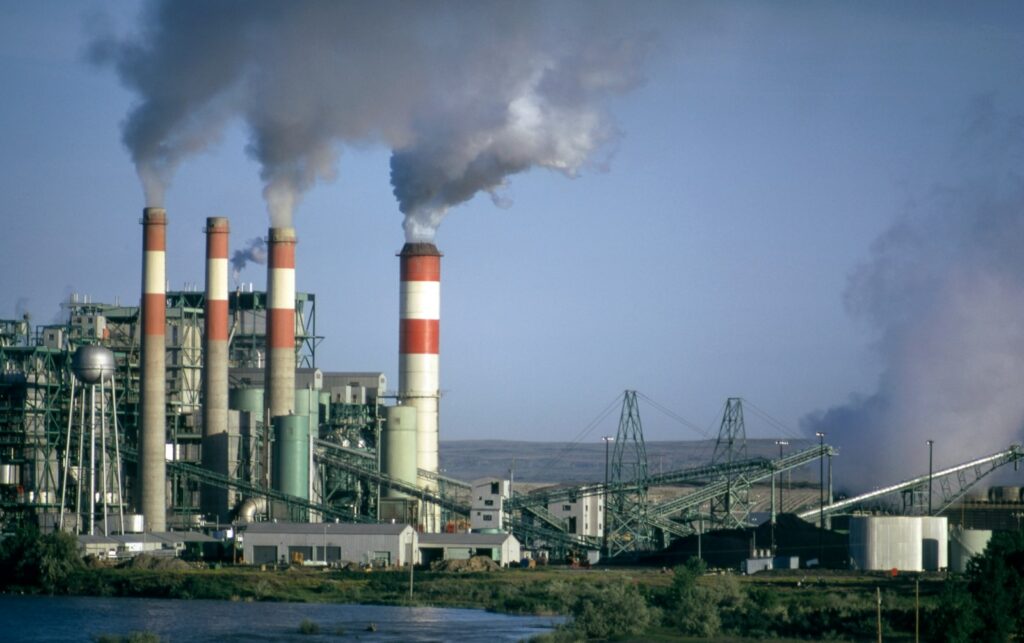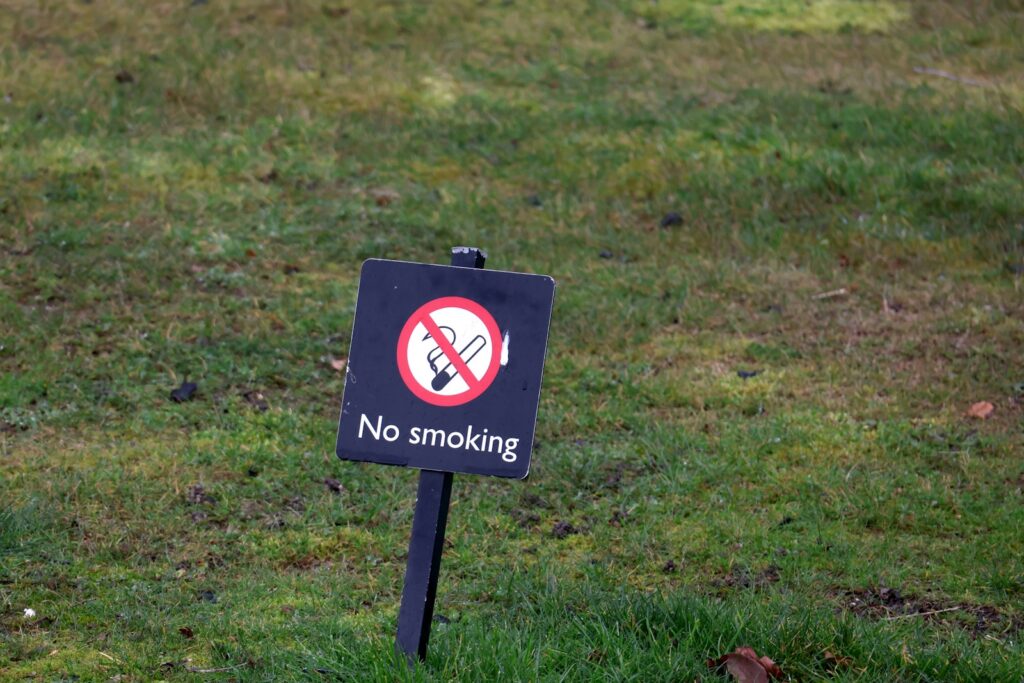The UK’s bus and coach sector has achieved its best performance since 2008, with deliveries of 8,390 new buses and coaches joining UK roads in 2024. These deliveries have been driven by the UK’s dominance in zero-emission buses — which is still the biggest market in Europe, with deliveries up by over a third this year.
Here Roger Brereton, head of sales at bus steering system manufacturer Pailton Engineering, explains how government investment and record zero-emission growth is accelerating the transition to greener public transport.
The entire bus market made headlines last year. Data from Society of Motor Manufacturers and Traders (SMMT) demonstrates that minibuses are leading the way, with registrations more than doubling to make up over half of all new buses on UK roads.
Elsewhere, single and double-decker buses saw significant growth across, with investment flowing into all parts of the sector. Interestingly, this wasn’t limited to just one region. England, Wales and Northern Ireland all saw significant increases in bus registrations, although the same can’t be said for Scotland, which saw bus registrations fall by 15.6 per cent
ZEB pick up
Two years of growth and a 16-year high have cemented the recovery of Britain’s bus sector, but why? Firstly, the UK’s commitment to zero-emission transportation saw the country hold onto its position as Europe’s largest zero-emission bus (ZEB) market.
This comes as there was a 35.5 per cent increase in electric and hydrogen-powered buses, with 1,570 new ZEBs registered. There are now more models available than ever before, with a total of 17 different options across all bus types, providing operators with plenty of choice.
What really stood out is that 43.9 per cent of all new bus registrations were zero-emission single and double-deckers. For instance, London has set an ambitious target to become a net-zero carbon city by 2030, largely due to the unique structure of its public transport system. Unlike other regions of the UK, London’s buses are operated by Transport for London (TfL), which allows for more coordinated efforts in transitioning to zero-emission vehicles.
As a result, TfL has already brought in over 1,600 zero-emission buses by 2024, a huge jump from just 485 in March 2021. This year, they aim to hit 2,500 zero-emission buses, with companies like Stagecoach planning to add 350 electric buses to their fleet.
TfL, leading the way in the transition to greener transport, is on track to convert its fleet of 9,000 buses to zero-emission models over the next decade,
Government’s push
Since 2021, Mayor Sadiq Khan has required that all new buses entering the fleet in London be zero-emission. The initial goal was to have a fully zero-emission bus fleet by 2034, however the target has been fast-tracked due to financial backing from central government.
For instance, one of the most impactful initiatives has been the Zero Emission Bus Regional Area (ZEBRA) scheme, which has played a critical role in accelerating the transition to greener buses. The second phase of funding has already been allocated and additional orders have been placed for further deliveries over the coming year.
This funding enables local authorities and transport operators to modernise their fleets, reducing carbon emissions and improving air quality across the country. However, it’s not just London that is benefit. In Pailton Engineering’s home city of Coventry, for example, works are underway to make it the UK’s first all-electric bus city.
A large part of the Coventry All Electric Bus City (CEBC) scheme is being funded by the Department for Transport, with Warwickshire County Council also contributing £1.366 million from its capital investment fund. As part of this, Warwickshire will see a fleet of all-electric buses serving parts of the county, with cross-boundary services linking to Coventry, set to launch in December 2025.
Mike Hawes, CEO of the SMMT, said: “Government funding is helping deliver this standout performance and, as Europe’s largest zero emission bus market, we are well on our way to achieving our net zero goals, improving air quality and providing sustainable public transport in every region.”
The UK’s push toward greener, zero-emission buses is not only modernising fleets but also improving domestic manufacturing. Recently, the UK held its first bus manufacturing panel, where local leaders and industry experts gathered to discuss the country’s potential to become a global leader in zero-emission bus production.
The conversations from this panel reflect the optimism surrounding the sector, mirroring the trends we saw in 2024 — growth and optimism. This year, manufacturers will be focusing their sales efforts in 2025 on zero-emission vehicles, further supported by government’s backing.
With the final stop being a net zero future by 2050, the past two years have put the UK’s bus and coach sector on track to lead the way in sustainable public transport.
Pailton Engineering supplies steering parts for heavy vehicles, including buses, electric buses and coaches. To find out more visit pailton.com.

















Leave a Reply